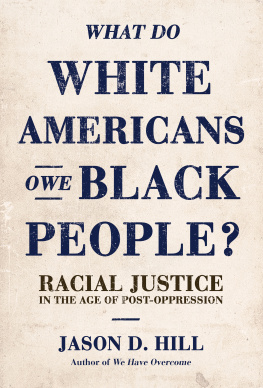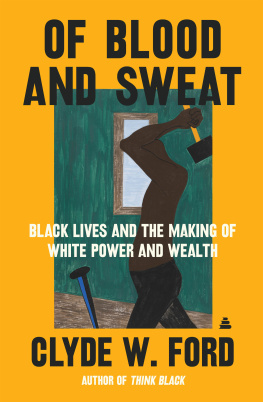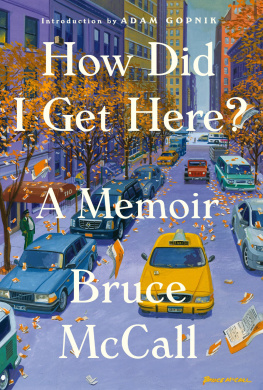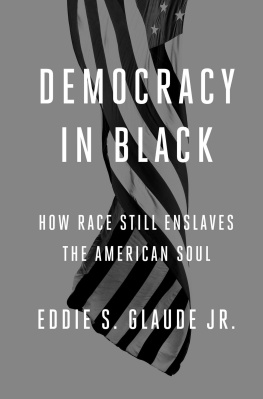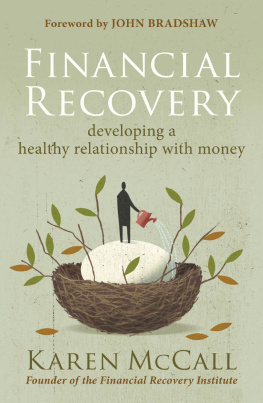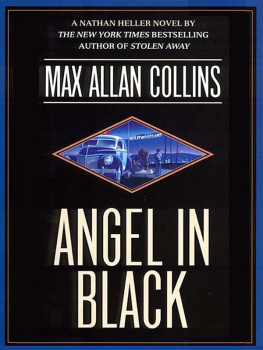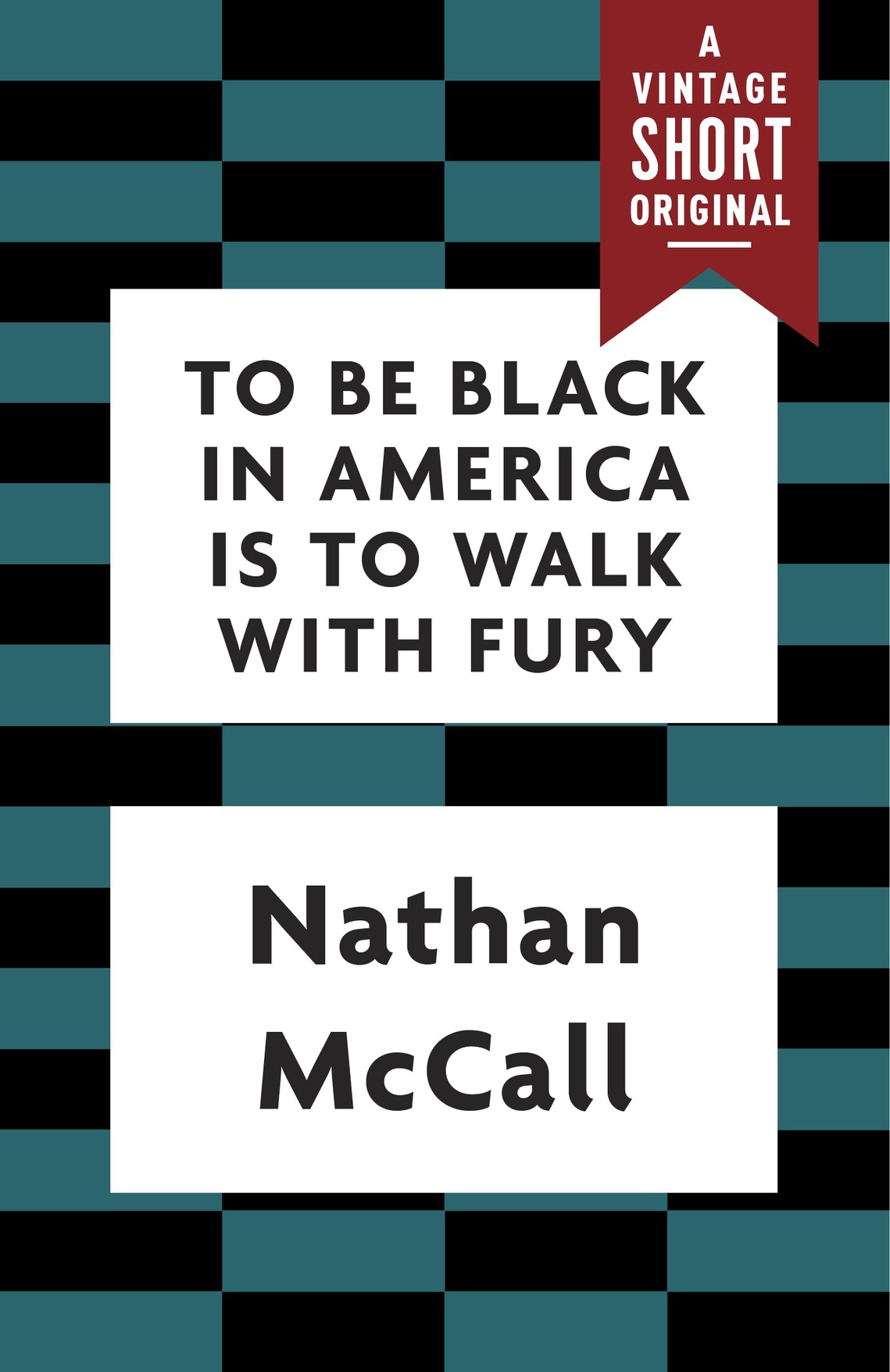To Be Black in America Is to Walk with Fury
Nathan McCall
A Vintage Short
Vintage Books
A Division of Penguin Random House LLC
New York
Copyright 2016 by Nathan McCall
All rights reserved. Published in the United States by Vintage Books, a division of Penguin Random House LLC, New York, and in Canada by Random House of Canada, a division of Penguin Random House of Canada Ltd., Toronto.
Vintage and colophon are registered trademarks of Penguin Random House LLC.
Vintage eShort ISBN9781101973523
Series cover design by Joan Wong
www.vintagebooks.com
v4.1
ep
Contents
Two decades ago, I finished writing my first book, Makes Me Wanna Holler, an account of my life and struggles as a young black man in America. It was a story that began in a working-class community in Portsmouth, Virginia. Id started off as a bright, sensitive child in a close-knit, protective family. As I came of age, I began to discoveras most black children dothat I was born in a country that had marked me as a natural enemy.
In time, mounting disillusionment would cost me plenty, as I took to the streets in search of options to the raw deal I sensed would be my inheritance. I went on to commit burglaries and robberies, partly because it seemed at least as promising as the dreaded alternativegroveling before the white man to earn a meager living.
I was eventually busted for armed robbery and shipped off to prison for three years. Thats where I came alive intellectually and sought to regain my mental health. I made parole, went to college and, later, built a career as a journalist, ultimately working my way up to report for The Washington Post.
Reflecting back, I now have a deeper understanding of why my teenage angst sometimes led me to rebel to the point of hurling bricks through random windows. It clearly was a symptom of blind rage. That rage was rooted largely in what I suspected about the depth of Americas racial pathology, which, I feared, would rain down a lifetime of hell on me. I suspected there was something terribly sick and wrong with this place, where we thoughtlessly juggle Star Spangled national pride alongside astounding racial paradoxes.
As a teenager, however, I lacked the knowledge and vocabulary to articulate my suspicions. The difference now is that I dont suspect anything. I now know the deal. I know because Ive done a lot more living and reading and thinking. I know because, as a university lecturer, I actually get paid to research and teach this stuff. I now know that most of what I suspected decades ago about Americas contempt and utter disregard for black life was dead-on the mark.
I honestly wish I had been proven wrong. However, the evidence to the contrary rests in the distressing realities of twenty-first century America. Indeed, its been twenty years since Makes Me Wanna Holler was published, and Im hard-pressed to recognize a difference between then and now.
The current racial climate brings to mind a famous line from a William Faulkner novel: The past is never dead. Its not even past.
So it is with race in America.
Had I known two decades ago that the country would move at such a jacked-up pace I could have saved myself a helluva lot of anxiety approaching the publication of Holler. I ended my story with reflections on the gritty streets Id left behind in exchange for a new, law-abiding life in the white establishment. After I finished my manuscript, I wrestled with a mixture of emotions, including a feeling of deep uncertainty. How would I be judged for the reckless life Id led and the damage I had done? How would the general public respond to a book in which I had revealed so much about my sins and crimes? What reactions could I expect from family members and people in Cavalier Manor, the neighborhood that nurtured me?
And then there were concerns about the responses of nonblacks whose context and reality were so foreign to mine. More specifically, I braced for a potential backlash from indignant whites, especially considering that Id been brutally critical of both them and of America.
Then the book was published, and the response to Makes Me Wanna Holler blew me away: It became a New York Times bestseller. I went on television shows, such as Oprah, The Today Show, 20/20 and a host of others. I went on a national book tour. The response from people who came to book-signing events was powerful, and sometimes even a little overwhelming, largely because there was a serious national focus on the disturbing plight of black males in America.
Ill never forget the woman who came to a book reading and bought four copies of Holler in an effort to try to rescue struggling black men in her family. This ones for my brother, whos not doing so well, she said. This ones for my uncle. This ones for my cousin. And I want you to sign this one for my father, who is in prison.
I point out such responses to Holler, not to toot my own horn but to say that the book clearly tapped into something visceral when it was published. Today, Holler remains eerily relevant, as evidenced by the steady stream of emails and letters from people who read the book years ago. Many write because, they say, some issue or event now going on in America reminded them of something referenced in Holler way back when.
As well, I constantly hear from people who have just been introduced to Holler for the first time. Their reactions are as passionate as if the book had been published this year.
Over time, Ive come to categorize the responses in several ways. There are the updaters. These are people I often meet in person. They approach and say, Nathan McCall! I read your book in [fill in the year]. I feel like I know you! Then they proceed to ask, Whatever happened to so-and-so in the book?
I give them the shorthand version, an update on the fates of the guys who populated my story: the guys I grew up with, hung on street corners with, got high with, fought withthe guys who were my literal partners in crime, back in the day.
Theres Turkey Buzzard, who died of cancer. As restless teenagers, we used to creep to Buzzards place and shoot pool and roll dice while his parents were at work. And then theres my main man Shane, whod been the loudest in our group. We became fast friends after he kicked my ass and won my respect when we were in junior high. Like me, Shane, who often breezed effortlessly through his schoolwork, probably had more choices in life than he ever realized. After a lifetime in and out of prison for minor offenses, he was sentenced to life for killing a man. Shane died in the penitentiarythey said from a heart attack.
Also among our crew there was Tony, who ODd in somebodys house in Cavalier Manor. Frog Dickie, Lep, and Terry Holt committed an armed robberyright as



